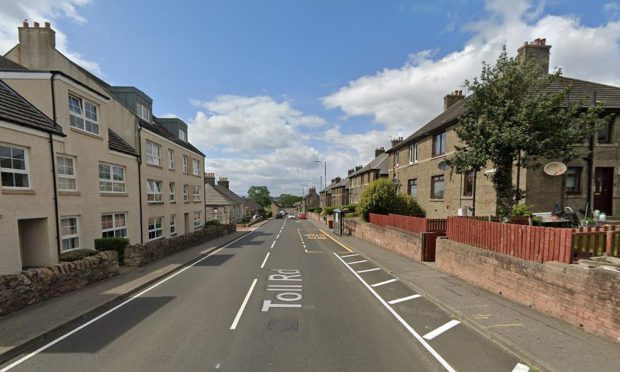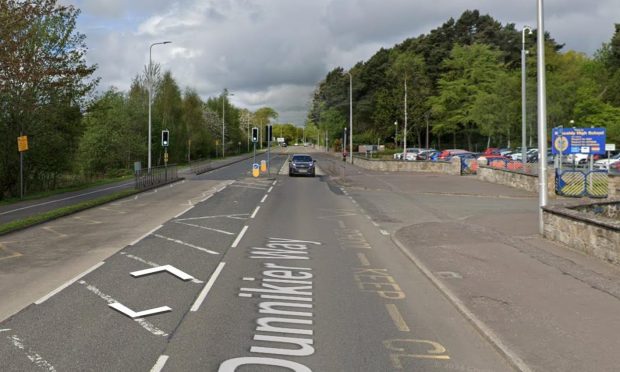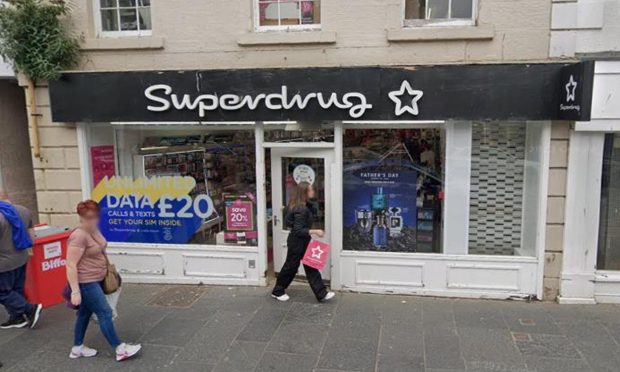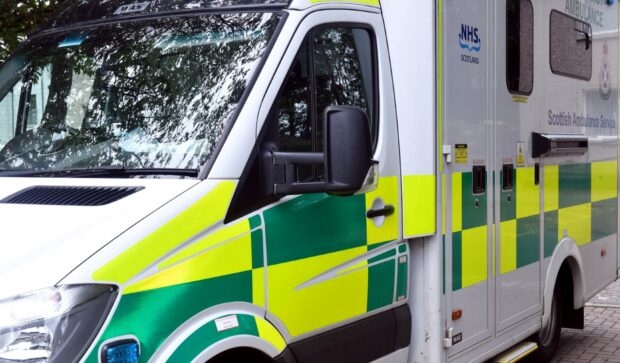A report considering how to reduce drugs deaths in Dundee is to be examined by Fife experts to see if lessons can be learned in the region.
The Dundee Drug Commission report, published in August, followed 14 months of consultation with those affected by the spiralling drugs death toll in the city.
It pinpointed a series of failures that had contributed to the loss of life and recommended a number of actions to effectively address the issue.
Fife Council’s health and social care spokesman, Labour councillor David Graham, said the document would be considered in detail by Fife Alcohol and Drugs Partnership (ADP) on October 31.
He said a number of themes and recommendations for action had already been undertaken, or were in progress, in the kingdom.
He added Fife ADP shares the growing concern about the rise in drug-related deaths in Scotland and welcomed the focus on the issue “beyond the traditional boundaries of specialist treatment services”.
He said; “Whilst there has been a slight reduction in drug-related deaths in Fife, from 66 in 2017 to 64 in 2018, this is still an unacceptably high figure which represents a significant and preventable loss of life.
“The commission highlights that a reduction in drug-related deaths requires considered action across a wide range of agencies and support systems and action that Fife ADP has taken includes encouraging treatment services to re-orientate to retention and care, avoid unplanned discharge and facilitate easier ways to return to treatment after periods of absence or non-attendance.”
Mr Graham said the availability of medication to people at risk and their carers, had been increased and outreach services set up for people who have had non-fatal overdoses.
Leadership, governance and accountability are also being examined in Fife, along with a review of processes related to suspected drugs deaths.
Those involved in frontline services will also receive training in dealing with trauma.
Last year, 66 people died in Dundee as a result of drug use and the commission’s report said services to support drug users in the city were “fractured” with a lack of leadership.
It said charities had been afraid to speak out for fear of losing funding and drug users were forced to wait too long for treatment to begin.
The Scottish Government said work had begun to improve the situation and the commission’s findings would be considered.










